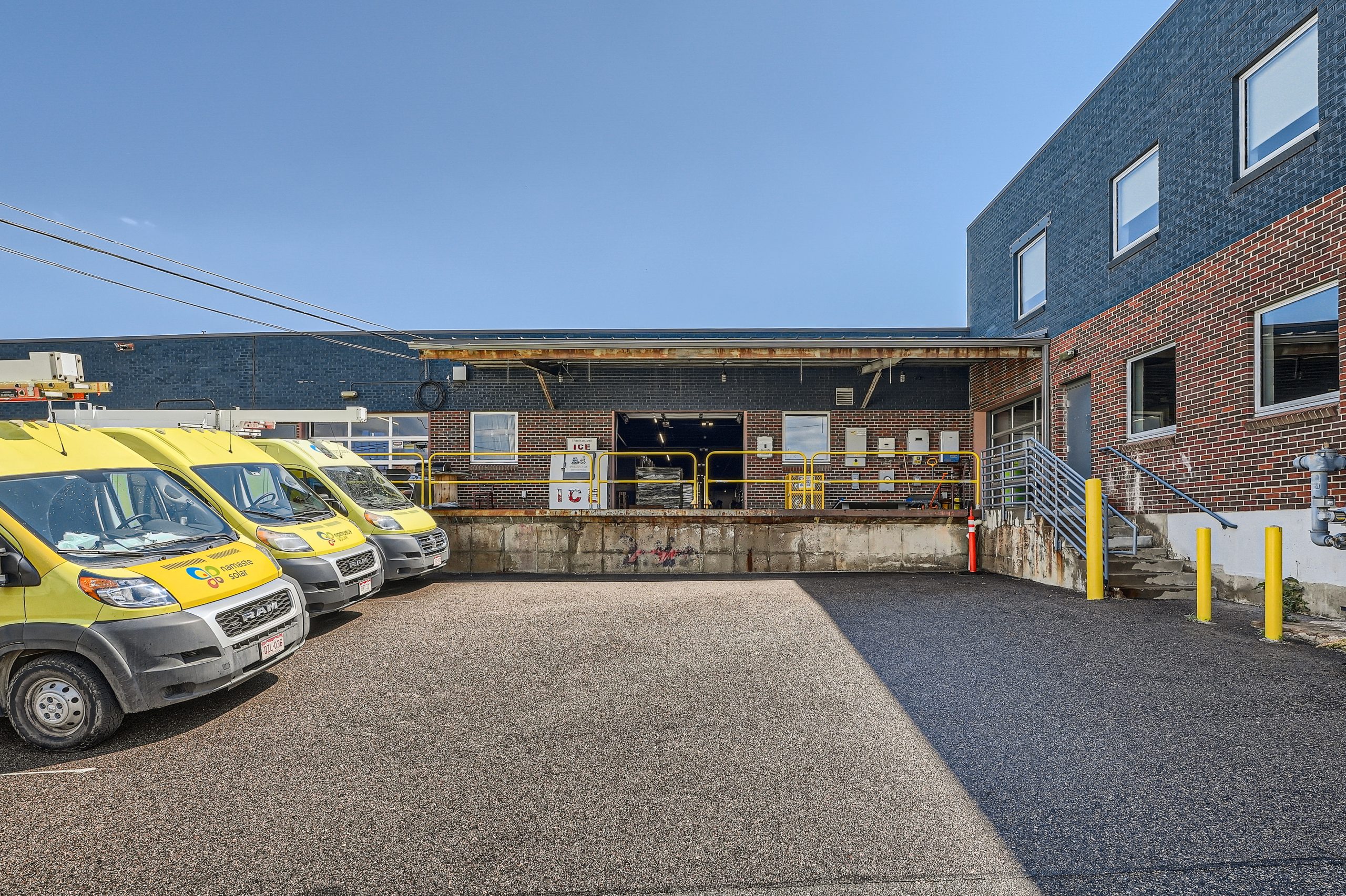Centennial, Colorado has established itself as one of the most desirable industrial submarkets in the Denver metropolitan area. With strong transportation access, modern infrastructure, and a resilient local economy, Centennial continues to attract owner-users and investors seeking industrial property for sale in Centennial CO.
Benchmark Commercial Real Estate serves in the third person as a trusted advisor, helping businesses and investors navigate Centennial’s industrial real estate market with confidence. Through localized expertise and strategic guidance, Benchmark Commercial supports informed acquisition decisions that align with operational goals and long-term value creation.
Overview of Centennial’s Industrial Real Estate Market
Centennial benefits directly from the sustained growth of the Denver metro area, which has fueled consistent demand for industrial space. Industrial vacancy rates in Centennial remain relatively low, signaling strong absorption and limited inventory. This tight market environment has contributed to steady appreciation in industrial property values over recent years.
Industrial assets in Centennial range from small warehouse and flex units to larger manufacturing and distribution facilities. Pricing varies by location, building condition, and access to transportation corridors, with properties near major highways often commanding premium valuations.
For broader regional market context, businesses can reference economic and development data from the City of Centennial and the Denver Metro Chamber of Commerce at https://denverchamber.org.
Strategic Location and Transportation Advantages
Centennial’s location southeast of Denver provides immediate access to Interstate 25 and E-470, supporting efficient regional and interstate distribution. These corridors connect businesses to the broader Front Range, Denver International Airport, and national logistics networks.
Proximity to Denver International Airport enhances Centennial’s appeal for companies requiring air freight, time-sensitive deliveries, or national distribution reach. Ongoing infrastructure investment continues to improve roadways and utilities, ensuring industrial properties remain competitive and operationally efficient.
Types of Industrial Property Available in Centennial
Centennial offers a diverse mix of industrial property types designed to meet a wide range of business needs.
Warehouse and distribution facilities are a core component of the market, supporting logistics, e-commerce, and supply chain operations. These properties typically feature high clear heights, dock-high loading, and modern security systems.
Manufacturing properties support light and mid-scale production, often equipped with heavy power, reinforced flooring, and zoning that accommodates industrial operations. Many newer facilities incorporate energy-efficient systems that align with sustainability goals and reduce operating costs.
Flex industrial spaces combine office and industrial uses, making them ideal for technology firms, service providers, and growing businesses seeking adaptable layouts. These properties offer operational flexibility while maintaining cost efficiency.
Benchmark Commercial assists buyers across all industrial asset classes, helping evaluate properties based on zoning, scalability, and long-term performance. Learn more about buyer representation services at https://crebenchmark.com/services/.
Key Drivers of Industrial Demand in Centennial
Centennial’s diversified economy includes aerospace, healthcare, technology, and logistics, contributing to consistent industrial demand. The city’s favorable business climate, competitive tax structure, and streamlined permitting processes further encourage industrial investment.
Population growth across the Denver metro area continues to drive demand for goods and services, increasing the need for distribution, warehousing, and manufacturing facilities. Access to a skilled workforce supported by nearby universities and technical institutions strengthens Centennial’s appeal for advanced industrial operations.
Technological innovation also plays a role, as businesses seek facilities capable of supporting automation, data-driven logistics, and modern manufacturing systems.
Considerations When Buying Industrial Property
Buyers should carefully evaluate location and access, including proximity to highways, freight routes, and workforce pools. Property specifications such as ceiling height, power capacity, loading configuration, and expansion potential are critical factors in determining long-term suitability.
Zoning and regulatory compliance should be reviewed early in the acquisition process to confirm permitted uses and environmental requirements. Financial analysis, including purchase price, operating costs, and potential capital improvements, helps ensure alignment with investment objectives.
Benchmark Commercial provides localized market insights and available opportunities throughout Centennial at https://crebenchmark.com/centennial/.
Conclusion
Industrial property for sale in Centennial CO offers businesses and investors a strong combination of location, infrastructure, and economic stability. With diverse property options, low vacancy, and sustained demand, Centennial continues to stand out as a premier industrial market within the Denver metro area.
By understanding market dynamics, evaluating property characteristics, and working with experienced local professionals, buyers can secure industrial assets that support operational efficiency and long-term growth.


